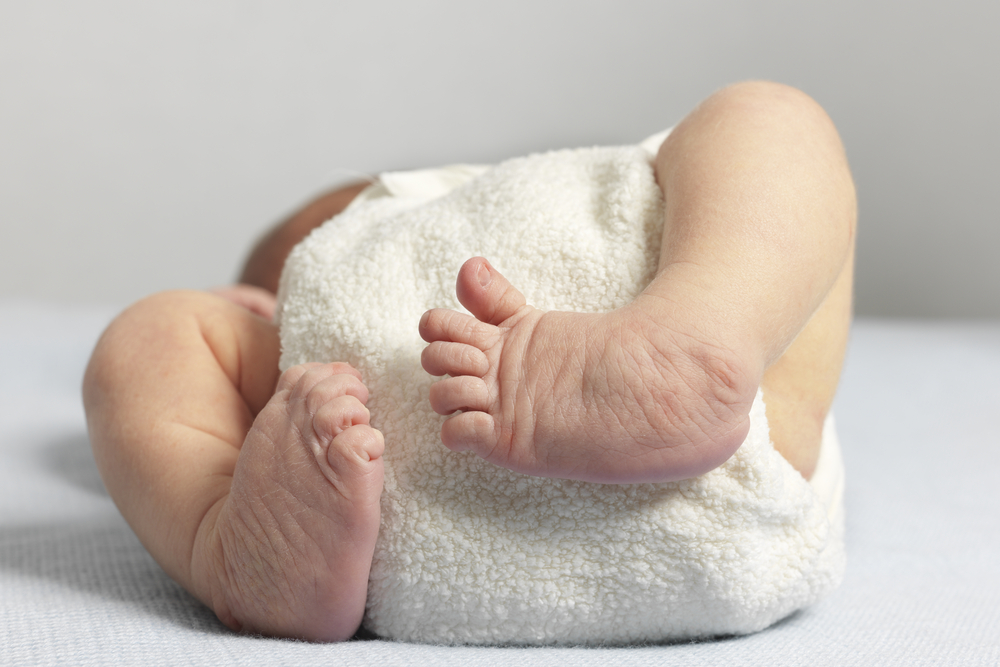DIAGNOSIS
The types of birth defects can be identified during pregnancy. Moreover, a doctor can utilize prenatal ultrasounds to diagnose specific defects in the womb.
Detailed screening choices are also available, like amniocentesis and blood tests. These tests are normally provided to pregnant women who have a high risk for birth defects due to various factors, such as family history.
Additionally, prenatal tests can help determine whether the mother has a problem or infection that may affect the baby. A hearing test and physical exam might also be done by the doctor after the child is born.
TREATMENT
Treatment varies on the severity and condition for birth defects. Some defects can be treated before or after birth. However, some may last forever. Therefore, talk with your doctor about the proper treatment and medication.
Following treatments may be suggested:
- Medications for birth defects
- Home care
- Surgeries to fix defects or alleviate harmful symptoms


